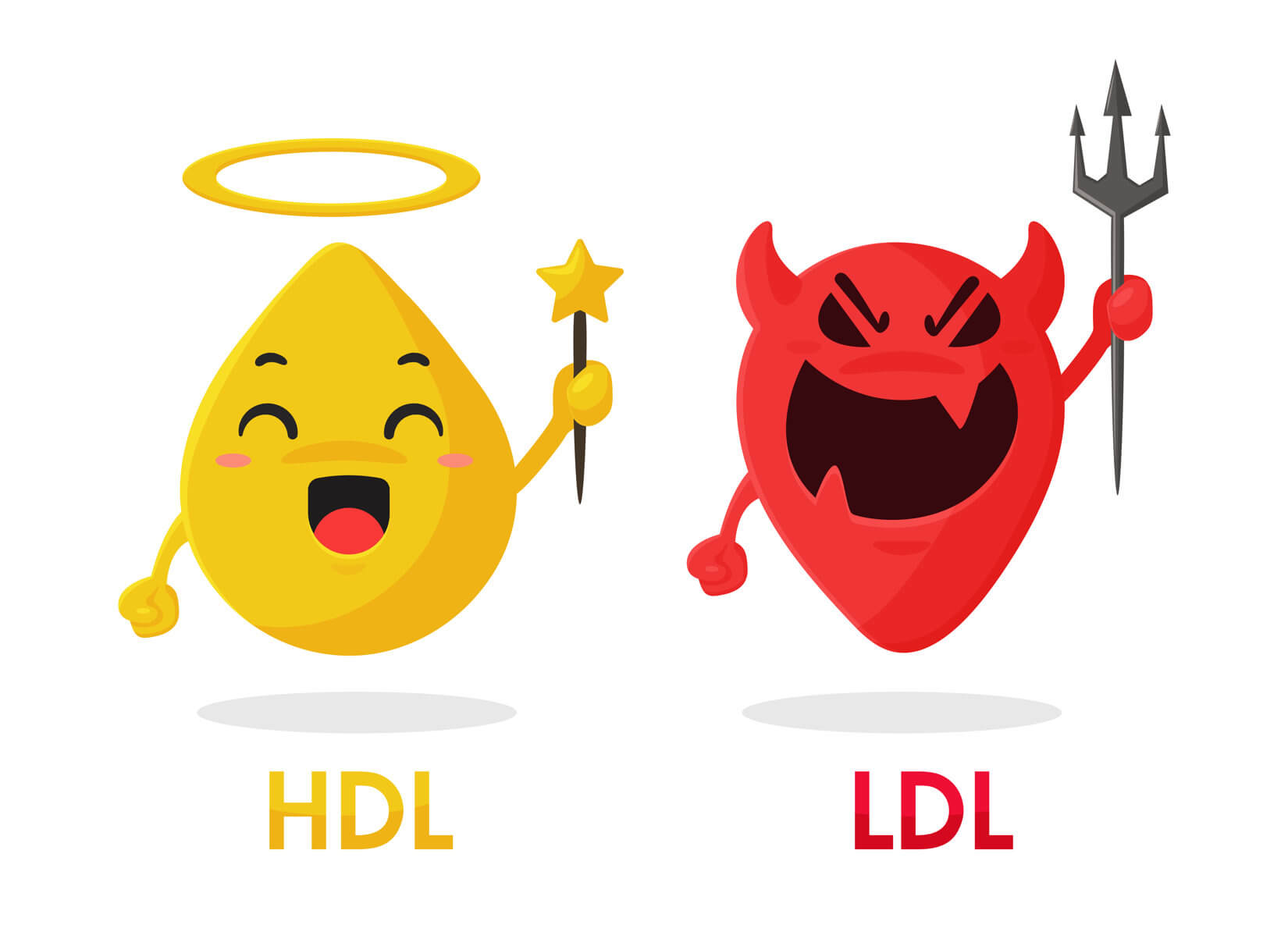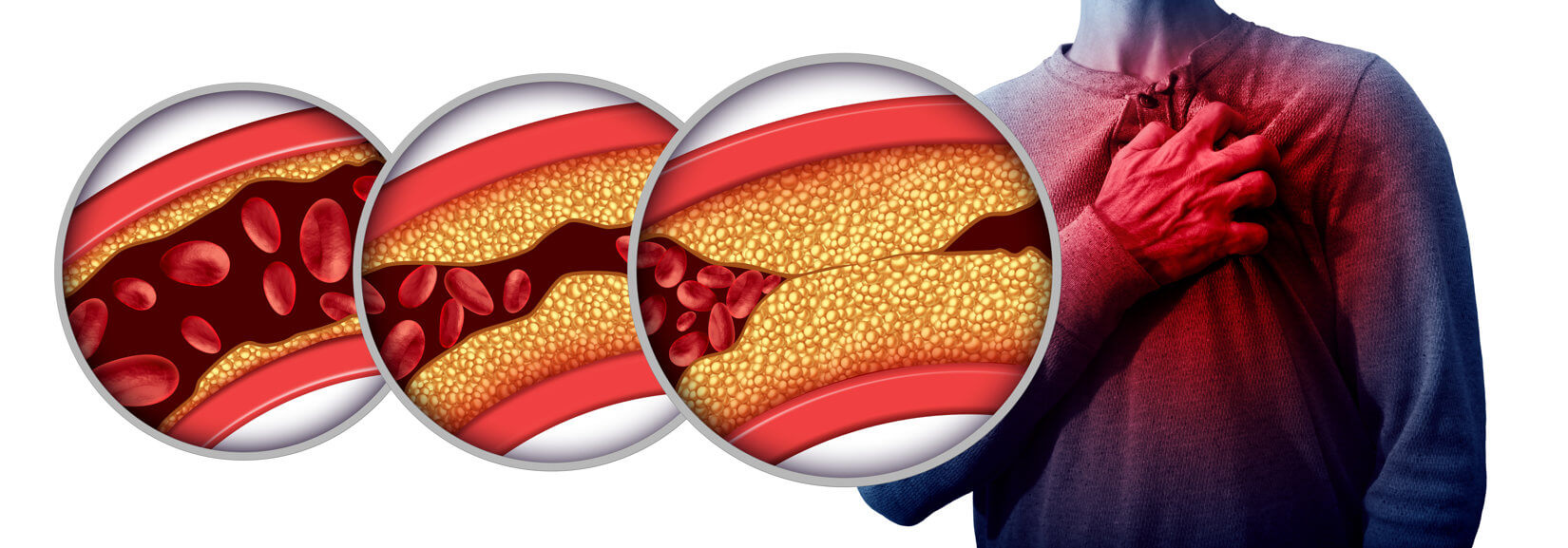Doctors trust them, patients doubt them
The number of patients who stop taking statins (medicines for lowering blood cholesterol levels) is increasing. The media are full of stories claiming that statins do not work, that they do not benefit the patient, and that they cause serious adverse effects. A patient who has been given a statin prescription by his/her doctor may be faced with a serious dilemma whom to trust.
APART FROM ANTIBIOTICS, STATINS ARE THE BEST CONTRIBUTORS TO INCREASED LIFE EXPECTANCY
Cardiovascular diseases are the leading cause of mortality in the world, causing 4 million deaths in Europe every year. The introduction of statins was an important turning point that led to a major leap forward. Over the past few years, morbidity due to cardiovascular diseases has dropped considerably, and life expectancy has increased significantly. Approximately 80% of this improvement may be attributed to the progress achieved in diagnosing and treating cardiovascular diseases. The most important factor – in which statins play crucial role – is the reduction of cholesterol levels. (1)
WHAT IS THE TRUTH?
- Cholesterol – friend or foe?

Cholesterol is a vital ingredient for all living organisms as it is an essential component of cell membranes. High-density lipoprotein (HDL) is known as the ‘good’ cholesterol, while low-density lipoprotein (LDL) cholesterol is considered the ‘bad’ cholesterol. The latter is a cause of concern. High LDL levels result in deposits that build up on the walls of blood vessels and cause atherosclerosis. (2, 3)
- Eating healthy means I can avoid cholesterol-lowering medicines
The most important initial step to take when diagnosed with high cholesterol is pursuing a healthy lifestyle with a balanced diet. But bear in mind that, in reality, only a fraction of cholesterol in the body comes from food; most of it is produced by the liver. (4, 5) This is the main reason why you might be suffering from high cholesterol despite a healthy diet.
- Myocardial infarction and stroke do not choose – they can affect anybody, anywhere, any time

Eric is 54. He never gave cardiovascular diseases much thought until he suffered a nearly fatal heart attack that changed his life: “Three years ago, my usual daily routine was far more energetic than what it is today. I had a job that was full of responsibility, I spent much of my time on business trips … On that fateful day everything seemed normal at first. My co-worker and I began working on a project, I gave my instructions and said I was going to sit down for a while … Then everything went pitch black.” When he came around, he was lying in a hospital bed. He needed a while to figure out what happened.
- Statin therapy does no good.
“Clinical evidence on treatment success is particularly compelling when discussing elevated levels of cholesterol,” says a renowned cardiologist prof. dr. Ian M. Graham* from Ireland.
- Statins cause serious adverse effects.
Just like any other medicine, statins cause adverse effects, but these are extremely rare and in most cases non-hazardous.
According to Prof. Alberico L. Catapano**, cardiologist from Italy, the benefits of statin therapy outweigh the risk of adverse effects.
MORE THAN HALF OF PATIENTS HOSPITALIZED AFTER A MYOCARDIAL INFARCTION SUFFER FROM ELEVATED CHOLESTEROL LEVELS
Many patients still have their doubts about statin treatment, or even dismiss it completely. The consequences of this are alarming, as they do not realize that by doing so they are increasing their chances of a future myocardial infarction, stroke, or even death.
The trust of patients in statin therapy is very important. You should learn everything you can about the medicine you are using, relying on objective and real clinical data.
Healthcare professionals around the world agree that statin therapy is currently the most effective weapon against cardiovascular diseases.
* Prof. dr. Ian Maklim Graham is a cardiologist that gives lectures on the pharmacology of cardiovascular diseases and preventive cardiology at Trinity College Dublin. He is a member of the European Society of Cardiology and one of key authors of the guidelines on cardiovascular disease prevention and the management of dyslipidemia.
** Prof. dr. Alberico L. Catapano is a cardiologist that gives lectures on pharmacology at the University of Milan. He is also the director of the Center for Epidemiology and Preventive Cardiology. He is the former president of the European Atherosclerosis Society and also its esteemed member. He is also one of the key authors of the guidelines on the management of dyslipidemia.
Reference
- Pinto F. Cholesterol and statins: Why fear the truth? ESC [internet]. 2017. [cited 2021 May 19]. Available from: https://www.escardio.org/Education/Practice-Tools/Talking-to-patients/cholesterol-and-statins.
- Understanding Cholesterol [database on internet]. United Kingdom: HEART UK – The Cholesterol Charity, 2018 [cited 2021 May 19]. Dostopno na: https://www.heartuk.org.uk/downloads/health-professionals/publications/understanding-cholesterol.pdf.
- Cleveland Clinic: Cholesterol: High Cholesterol Diseases [internet]. Cleveland: Cleveland Clinic; 2016 [cited 2021 May 19]. Dostopno na: https://my.clevelandclinic.org/health/articles/11918-cholesterol-high-cholesterol-diseases.
- Mach F, Baigent C, Catapano AL, et al. 2019 ESC/EAS guidelines for the management of dyslipidaemias: Lipid modification to reduce cardiovascular risk. Atherosclerosis 2020;292: 160-62.
- Harvard health publishing. How it’s made: Cholesterol production in your body. [internet]. 2019 [cited 2021 May 19]. Dostopno na: https://www.health.harvard.edu/heart-health/how-its-made-cholesterol-production-in-your-body.
